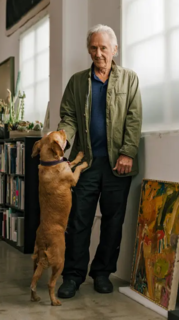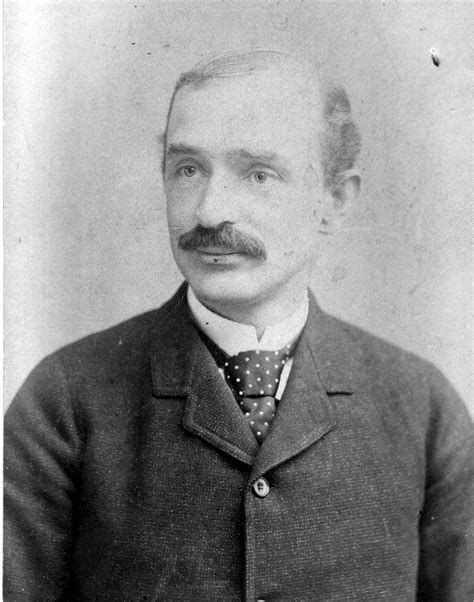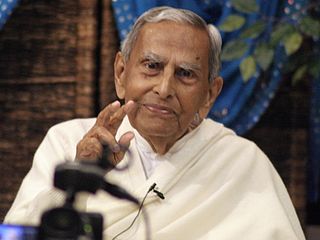A Quote by Roger Ross Williams
'Traveling While Black' is about empathy, what African Americans experience in traveling throughout America, and how it hasn't changed that much from the past. If it can be experienced in virtual reality, then perhaps some empathy can be gained.
Related Quotes
I think there's such a fine line in a relationship. The role of imagination and privacy... how much space can you allow before that becomes distance? And similarly, imagination is empathy. That's how you achieve empathy. It's how you can be with another person and understand how they are in the world.
Normal people have an incredible lack of empathy. They have good emotional empathy, but they don't have much empathy for the autistic kid who is screaming at the baseball game because he can't stand the sensory overload. Or the autistic kid having a meltdown in the school cafeteria because there's too much stimulation.
I've dated people where we traveled horribly together, and if one thing went wrong, it was horrible for them. Then I've been fortunate enough to have great traveling experiences where everything lined up and even when things went wrong, you just laughed about it. You learn so much about yourself when you're traveling with someone.

































